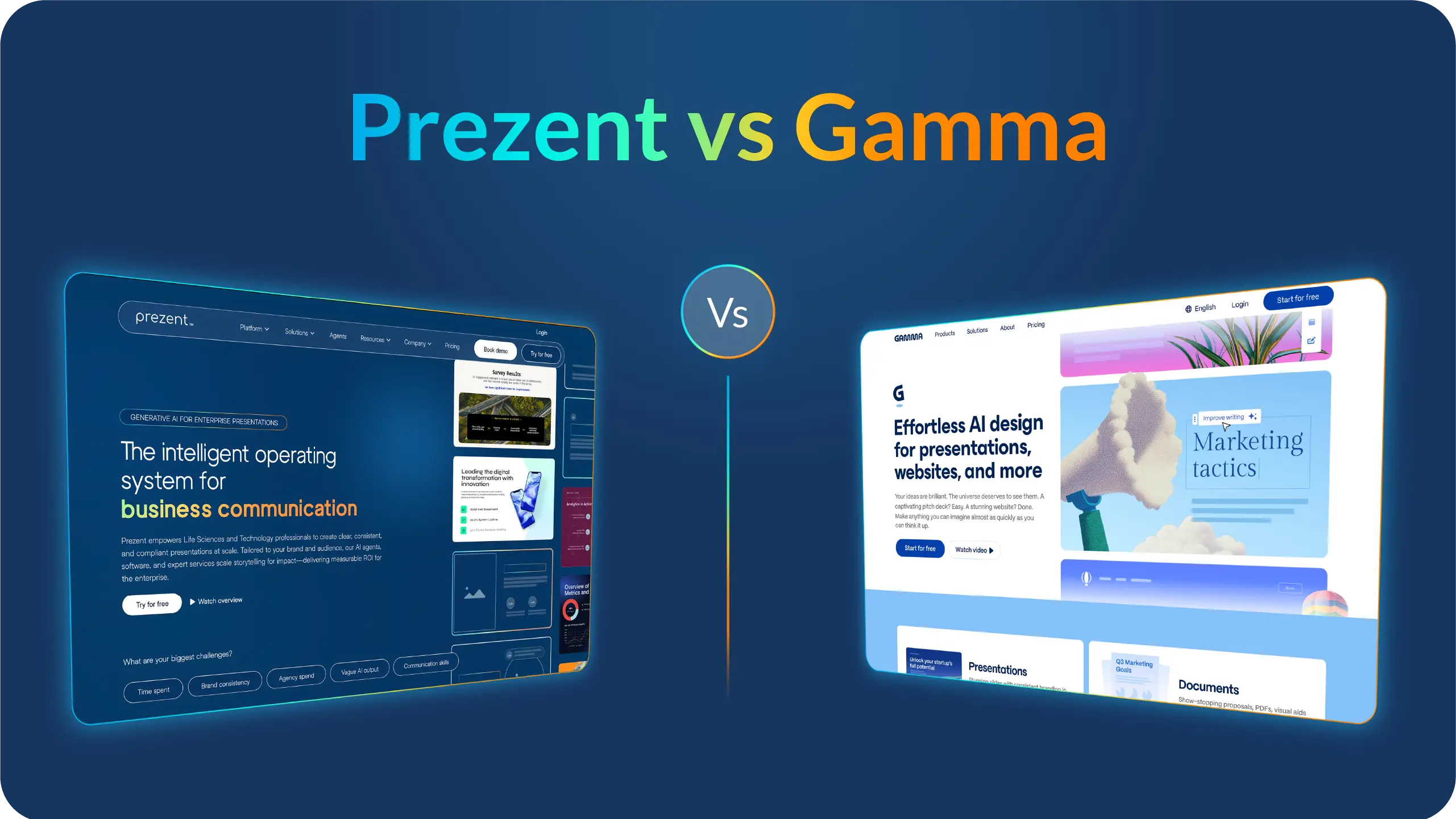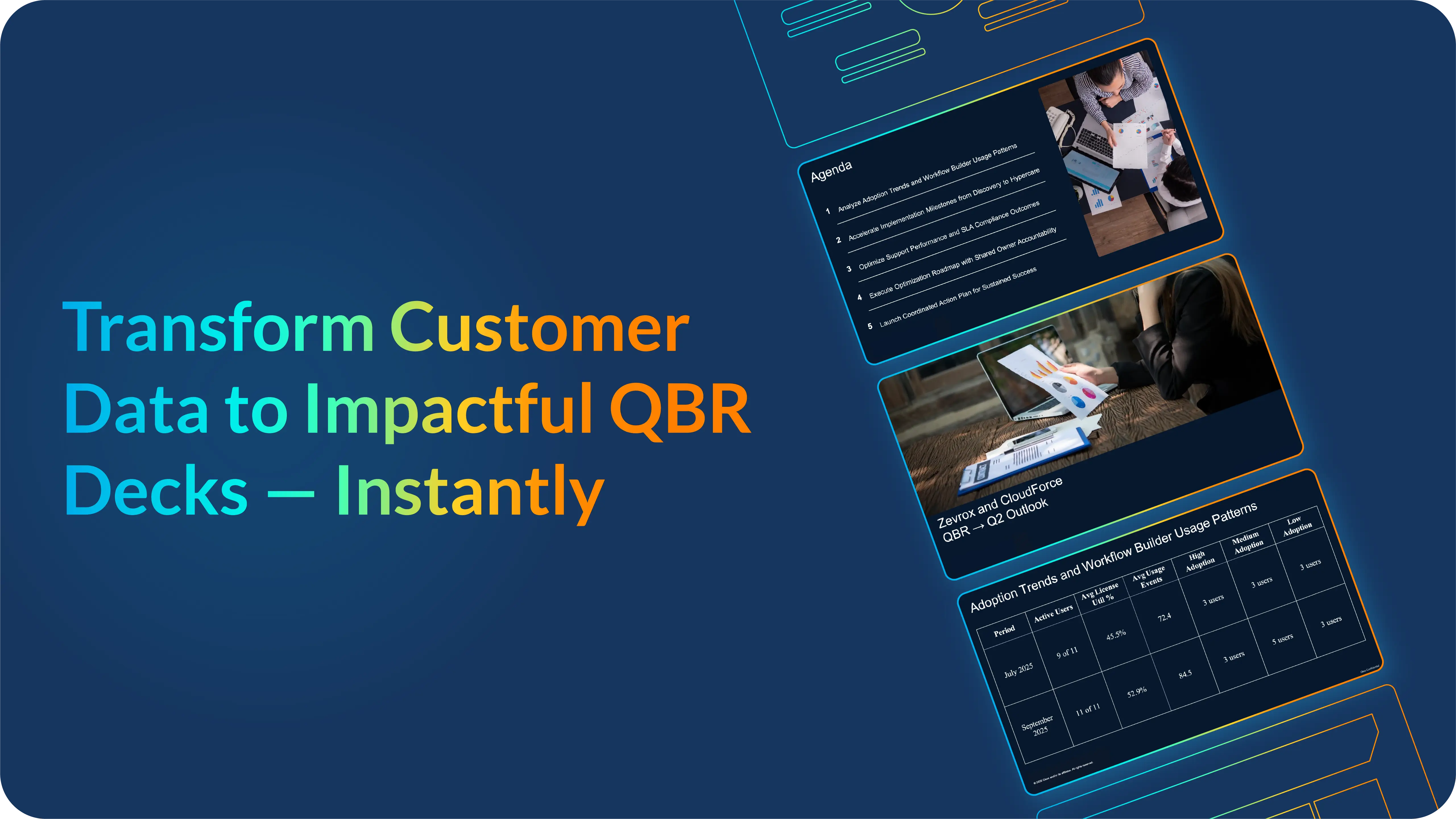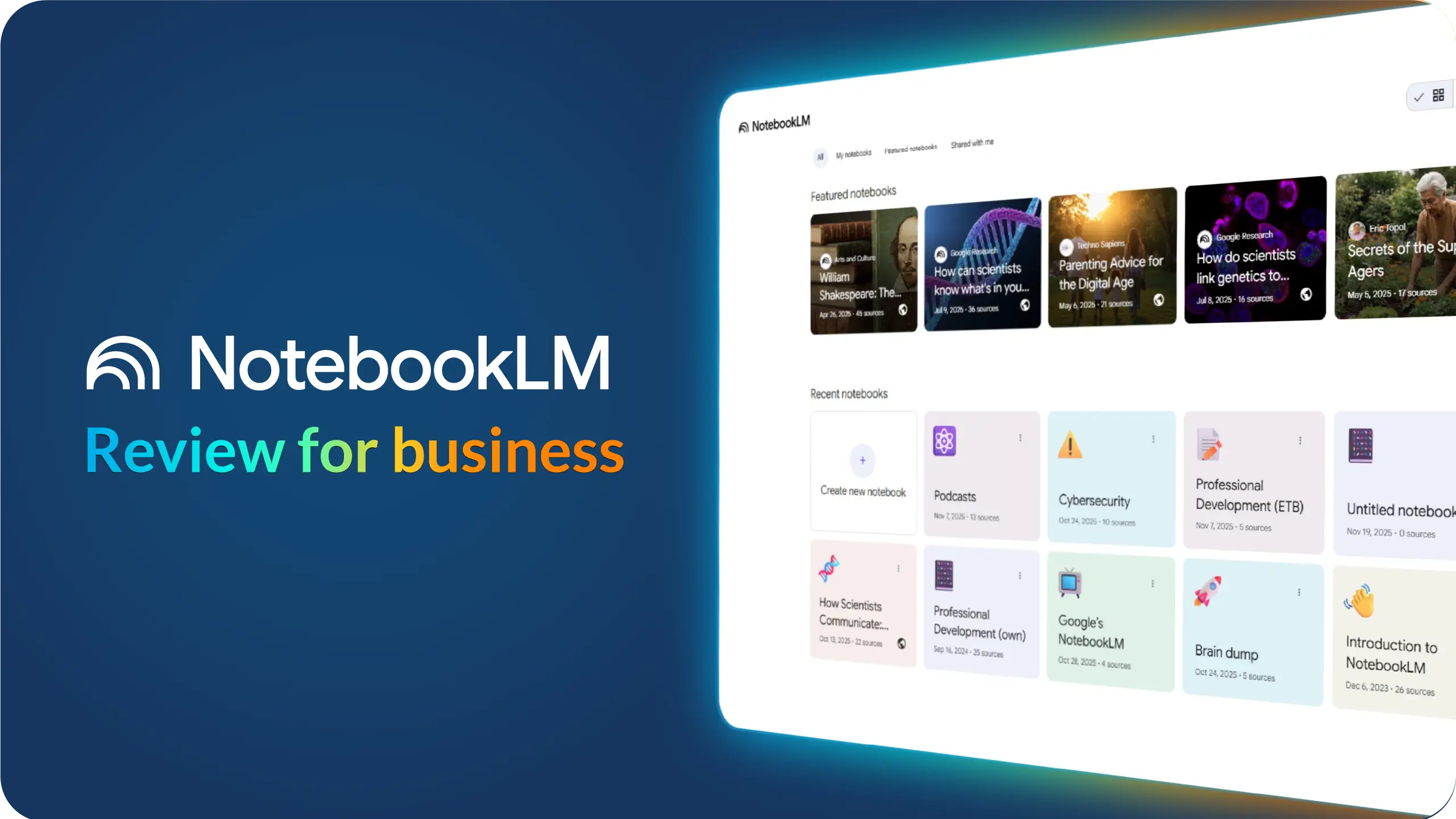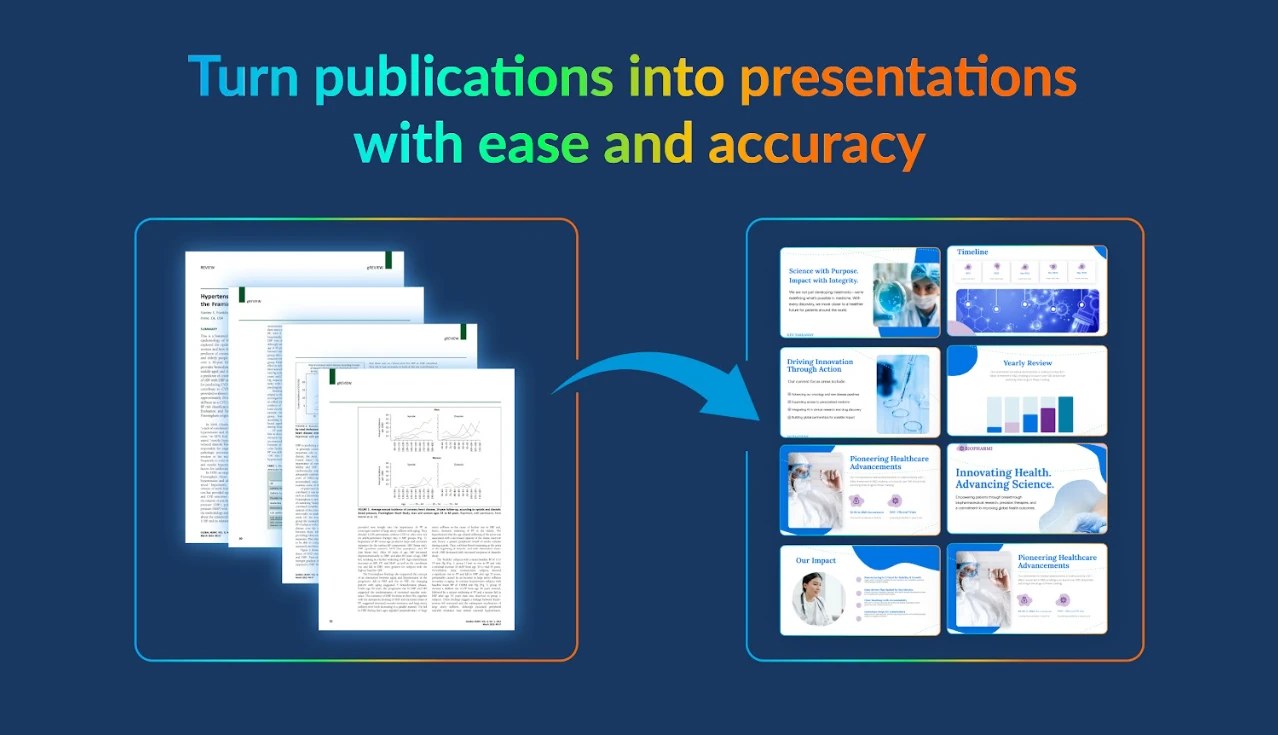Roadshow presentation: A comprehensive guide

Hey there, fellow entrepreneurs and investors!
If you're venturing into the world of finance, management, and investment, you've probably heard about the power of a roadshow presentation.
In this comprehensive guide, we'll delve deep into the art of roadshow presentations, covering everything from the basics to advanced strategies for a successful IPO.
What is a roadshow presentation?
A roadshow presentation is an essential component in the life of a company looking to go public. It's like a sales pitch on steroids, designed to woo potential investors and institutional buyers. These presentations are a series of events where a company's management team and executives hit the road, visiting various cities and meeting with a diverse audience of prospective shareholders.
Benefits of roadshow
Roadshows offer a plethora of advantages for businesses, making them an invaluable strategy for achieving various goals. Let's delve deeper into the benefits of roadshow presentations, including some references from the world of business and finance.
Pitching for success: The primary goal of a roadshow is nothing short of captivating – it's all about showcasing your company and the exceptional investment opportunity it presents to the world. Think of it as the grand stage where you get to introduce your business to a diverse array of potential investors. When executed flawlessly, a roadshow can set the stage for a groundbreaking IPO.
Imagine being at the forefront of a massive audience, ready to discover the potential within your company. It's an exhilarating platform to make your business shine.
Here is a comprehensive guide on investor pitch presentation.
Access to institutional investors: Now, let's talk about the heavy hitters in the investment world - institutional investors. This includes juggernauts like hedge funds, mutual funds, and pension funds. During your roadshow, you'll have the unique opportunity to meet and greet these influential players.
Just picture it – your presentation has piqued their interest, and these institutional investors are now considering your company as their next investment. This can be a game-changing moment for your business.
Navigating the world of wall street: A successful roadshow is the key that unlocks the "road to a successful IPO." It's like being in the spotlight on Wall Street, where financial dreams come true. Your roadshow can make your company the talk of the town, driving up interest and, more importantly, stock prices.
As your business becomes the hot topic of discussion among investors, you're effectively setting the stage for more capital and financial support. It's the start of a journey that can take your venture to new heights.
But roadshows offer more than just these financial advantages. They're a multifaceted strategy that can also benefit your business in the following ways:
Increased brand awareness: When you take your roadshow on the road, you're not just talking to investors; you're reaching a vast audience that includes potential customers. This personal touch helps raise awareness about your brand and its offerings. It's like putting a face to your business.
Lead generation: A roadshow is a powerful lead generation tool. You get to meet potential customers and collect their contact information. Post-event, you can follow up with these leads to understand their needs and interests, helping you tailor your offerings to a target market.
Product education: One of the fantastic aspects of roadshows is the opportunity to demonstrate your products or services to potential customers. This live experience allows them to grasp the value of your offerings and how they can directly benefit from them.
Feedback collection: Roadshows are an excellent means of collecting invaluable feedback from potential customers and investors. This feedback is like a compass, guiding you to refine your products or services, making them more appealing to your target market.
Networking opportunities: Not to forget the incredible networking opportunities roadshows provide. You can connect with other businesses and professionals in your industry, opening doors to potential partnerships and collaborations. These connections can be transformative for your business.
In addition to these general benefits, roadshows can also serve specific purposes, such as:
- Raising capital: Many companies turn to roadshows to secure funding from investors. The in-person pitch increases the likelihood of securing crucial capital.
- Launching a new product or service: Roadshows serve as an excellent platform to introduce a new product or service, creating buzz and excitement in the market.
- Expanding into a new market: If you're looking to expand into a new market, roadshows provide the means to reach potential customers and partners in that market, generating leads and building essential relationships.
What should be included in a roadshow presentation?
When crafting your roadshow presentation, the goal is to provide potential investors with a comprehensive view of your company, making it an appealing investment opportunity. Your presentation should be like a treasure trove of information, ensuring no aspect goes unexplored. Here's a breakdown of what your roadshow presentation should encompass:
Company overview
Start with a captivating glimpse into your company. This section is your chance to narrate your company's story. Include:
- Brief history: Share your company's journey, milestones, and significant achievements.
- Mission and vision: Clearly define the mission and vision that drive your company.
- Products or services: Offer a concise overview of what your company offers to the market.
Market opportunity
Educating your potential investors about the market is crucial. This section should provide a detailed understanding of:
- Market size: Analyze the size of the market your company operates in.
- Growth potential: Explain the growth potential and opportunities that lie ahead.
- Competitive landscape: Share insights into your competition and how your company stands out.
Business model
This section delves into the core of your company's operations and revenue generation:
- Revenue streams: Explain how your company generates revenue, including the sources of income.
- Cost structure: Outline the company's cost structure and how it manages expenses.
- Profit margins: Discuss profit margins and the company's strategy for profitability.
Financial performance
Potential investors are keen on your financial track record. This section should cover:
- Historical financial performance: Provide a review of your past financial performance, including revenue growth, profitability, and cash flow.
Growth prospects
Investors are interested in the future. Discuss your company's plans for growth, which might include:
- New product launches: Highlight any upcoming product launches.
- Market expansion: Share strategies for expanding into new markets.
- Acquisitions: If applicable, discuss any potential acquisitions on the horizon.
Investment highlights
Summarize the most compelling reasons why investors should consider your company. This section should be a powerful incentive to invest.
In addition to the above-mentioned sections, a roadshow presentation may also include:
Management team
Your management team is a critical asset. Introduce them and highlight their experience and expertise. Investors want to know they're in capable hands.
Q&A
Give your potential investors the opportunity to engage with your presentation. A Q&A session allows them to seek clarification and dive deeper into the specifics of your company and its business.
Your roadshow presentation should not just be a data dump but rather a clear, concise, and informative journey through your company's history, present, and future. Tailor your presentation to your specific audience of investors, ensuring that it focuses on the key information they need to make an informed investment decision. This comprehensive approach, coupled with a well-structured and engaging presentation, can significantly enhance your chances of success.
How to structure an effective roadshow presentation
Structuring an effective roadshow presentation is a strategic art that involves crafting a compelling narrative while presenting valuable information to engage your audience. Whether you're pitching a business idea, introducing a new product, or sharing critical information, a well-organized presentation can make a significant impact. Here's a comprehensive guide on how to structure your roadshow presentation:
1. Define your purpose and audience: Start by clearly defining your presentation's purpose. What do you want to achieve with this roadshow? Understand your target audience, their needs, and their expectations.
2. Create a compelling opening: Begin with a strong and attention-grabbing introduction. You can use a compelling story, a surprising fact, a rhetorical question, or a bold statement to engage your audience right from the start.
3. Outline your agenda: Provide a brief overview of what your presentation will cover. This sets the audience's expectations and helps them follow the flow of your presentation.
4. Core content: Break your presentation down into key sections or points that support your message. Ensure each point is clear, relevant, and adds value to your audience. Use a logical flow to transition between sections.
5. Use visual aids: Incorporate visual aids like slides, charts, images, and videos to enhance your message. Keep your slides clean, uncluttered, and use visuals to reinforce your points rather than overwhelm with text.
6. Storytelling: Weave stories and examples into your presentation to make it relatable and memorable. Stories can help connect with your audience on an emotional level.
7. Interactivity: Encourage audience participation. Ask questions, use polls, or involve the audience in discussions to keep them engaged and invested in your presentation.
8. Address concerns: Anticipate and address potential objections, doubts, or concerns your audience might have. Be prepared to provide solutions or explanations.
9. Showcase benefits: Clearly articulate the benefits and advantages of your message, product, or idea. Explain how it solves problems, meets needs, or fulfills goals.
10. Visualize data: If your presentation involves data or statistics, make it easy to understand by using charts and graphs. Explain the significance of the data and how it supports your main points.
11. Call to action (CTA): Clearly define what you want your audience to do next. Whether it's investing in your idea, buying your product, or taking a specific action, your CTA should be compelling and actionable.
12. Q&A and interaction: Allocate time for questions and answers, and engage with the audience to address their inquiries or concerns. This also provides an opportunity to further build rapport.
13. Summarize and conclude: Summarize the key takeaways of your presentation and reiterate your main points. End with a strong, memorable closing statement.
14. Practice and rehearse: Practice your presentation multiple times to ensure a smooth and confident delivery. Familiarity with your content will help you navigate the presentation seamlessly.
15. Timing: Be mindful of your time. Stick to the allocated time for your roadshow presentation to respect your audience's schedule.
16. Visual consistency: Maintain a consistent visual theme throughout your presentation, using the same fonts, colors, and branding elements.
17. Test equipment: Before the presentation, check all technical equipment (projector, microphones, laptops, etc.) to avoid any technical glitches.
18. Gather feedback: After the presentation, gather feedback from the audience to evaluate your effectiveness and make improvements for future presentations.
Remember that an effective roadshow presentation combines compelling content, engaging delivery, and thorough preparation to captivate your audience and achieve your objectives.
A roadshow presentation is a series of presentations given to potential investors or clients to introduce a new product, service, or company. It is a great opportunity to make a strong first impression and to generate interest in your business.
Do's and don'ts of a roadshow presentation
Do's:
- Engage your audience: Keep your audience interested with compelling storytelling.
- Practice makes perfect: Rehearse your presentation until it's flawless.
- Interact: Encourage questions and feedback during your presentation.
- Adapt to your audience: Tailor your presentation to different types of investors.
Don'ts:
- Overload with data: Don't overwhelm your audience with too much technical information.
- Ignore feedback: Be open to suggestions and criticisms.
- Neglect timing: Stick to your schedule. Time is precious during roadshows.
Summarizing key takeaways
- Roadshow presentation: An essential sales pitch for companies looking to go public.
- Benefits: Showcasing your company, accessing institutional investors, and more.
- Components: Cover company overview, market opportunity, business model, financial performance, growth prospects, and investment highlights.
- Effective structure: Define purpose, engage with a strong opening, use visuals, incorporate storytelling, encourage interaction, and have a clear call to action.
- Do's and don'ts: Engage the audience, practice, and adapt to investors. Avoid data overload, neglecting feedback, and timing issues.
A roadshow presentation is your chance to shine in the spotlight and entice potential investors. It's not just about pitching your company; it's about building trust and proving that your business is worth the investment.
FAQ's on roadshow presentation
1. What is a roadshow presentation and how does it fit into the corporate world?
A roadshow presentation is a pivotal component of the corporate world, especially during an Initial Public Offering (IPO). It involves a series of meetings and presentations delivered by company personnel, often led by the investment banking manager, to prospective investors. These presentations typically contain crucial information about the company's future plans, financial performance, and the risk associated with investing. The goal is to generate interest and secure investments in the company's equity. These presentations may also touch upon the contents of the preliminary prospectus, which is filed with the SEC, as it offers an overview of the company's financials, earnings, and an analysis of its prospects.
2. How does a roadshow presentation help in the underwriting process for an IPO?
A roadshow presentation is a critical element in the IPO underwriting process. It allows the company to deliver an exhaustive analysis of its financial health and future plans to potential investors. During these presentations, underwriters often discuss the preliminary prospectus and the order book, containing orders from investors interested in buying shares at the IPO price. The roadshow assists in gauging investor sentiment and appetite for the company's stock. This information is essential for setting the IPO price per share and the volume of shares to be issued.
3. Why is the publication of a final prospectus essential for roadshow presentations?
The final prospectus is a crucial document that complements the roadshow presentations. It contains detailed information about the IPO, including the company's financials, risk factors, and compensation structure. This document is filed with the SEC and is an exhaustive source of information for potential investors. The roadshow presentations often refer to the final prospectus, ensuring that prospective investors have access to all the necessary details before they decide to invest in the company.
4. What is the role of investment banking personnel in a roadshow presentation, and why is it important for underwriters?
Investment banking personnel play a central role in roadshow presentations. They guide the company's management in crafting a compelling presentation that highlights the company's strengths and future prospects. Underwriters also use the roadshow to promote the company to potential investors. Their expertise in investment banking is crucial in ensuring the success of the roadshow, as they help the company in underwriting and distributing the shares to investors.
5. How can a company conduct a virtual roadshow presentation in 2023 and what are the benefits of this approach?
In 2023, companies have the option to conduct virtual roadshow presentations. This approach has gained popularity, offering a more efficient way to reach a wider audience. By utilizing technology, companies can deliver their presentations to a larger number of potential investors. The virtual format allows for broader participation, as interested parties can join remotely. It also provides companies with the flexibility to adapt to changing circumstances and reach investors worldwide. The virtual roadshow is a significant evolution in the corporate world, enhancing the efficiency and reach of this essential element of the IPO process.
Create your roadshow presentation with Prezent
Prezent, the communication success platform for enterprise teams, is an invaluable tool for crafting impressive roadshow presentations. With its AI-driven presentation builder and brand-approved design features, Prezent empowers you to save time and ensure your roadshow presentation is 100% on brand. The platform offers a wealth of resources, including 35,000+ slides in your company's approved design, allowing you to effortlessly incorporate your organization's visual identity.
Whether you're a business leader or a presentation specialist, Prezent makes it easy to master structured storytelling, with over 50 storylines commonly used by industry experts, ensuring that your message resonates with your audience. Plus, real-time collaboration and the ability to personalize presentations to your audience's preferences make Prezent an indispensable asset in creating roadshow presentations that captivate and convert.
For those seeking a personal touch and expedited assistance, Prezent's professional services, such as Overnight Services and Presentation Specialists, are available. Overnight Services promise a polished presentation in your inbox by the next business day if you submit your work by 5:30 PM PST, while Presentation Specialists attend meetings, convert notes into engaging presentations, and brainstorm designs, ensuring your roadshow presentation is both impactful and professional. With enterprise-grade security measures in place, Prezent guarantees the safety of your data, further enhancing the confidence and peace of mind that this platform brings to the process of crafting roadshow presentations.
Sign up for our free trial or book a demo today!
Now, go out there, create a roadshow that wows, and watch your company's stock soar to new heights.
Good luck on your journey to financial success!
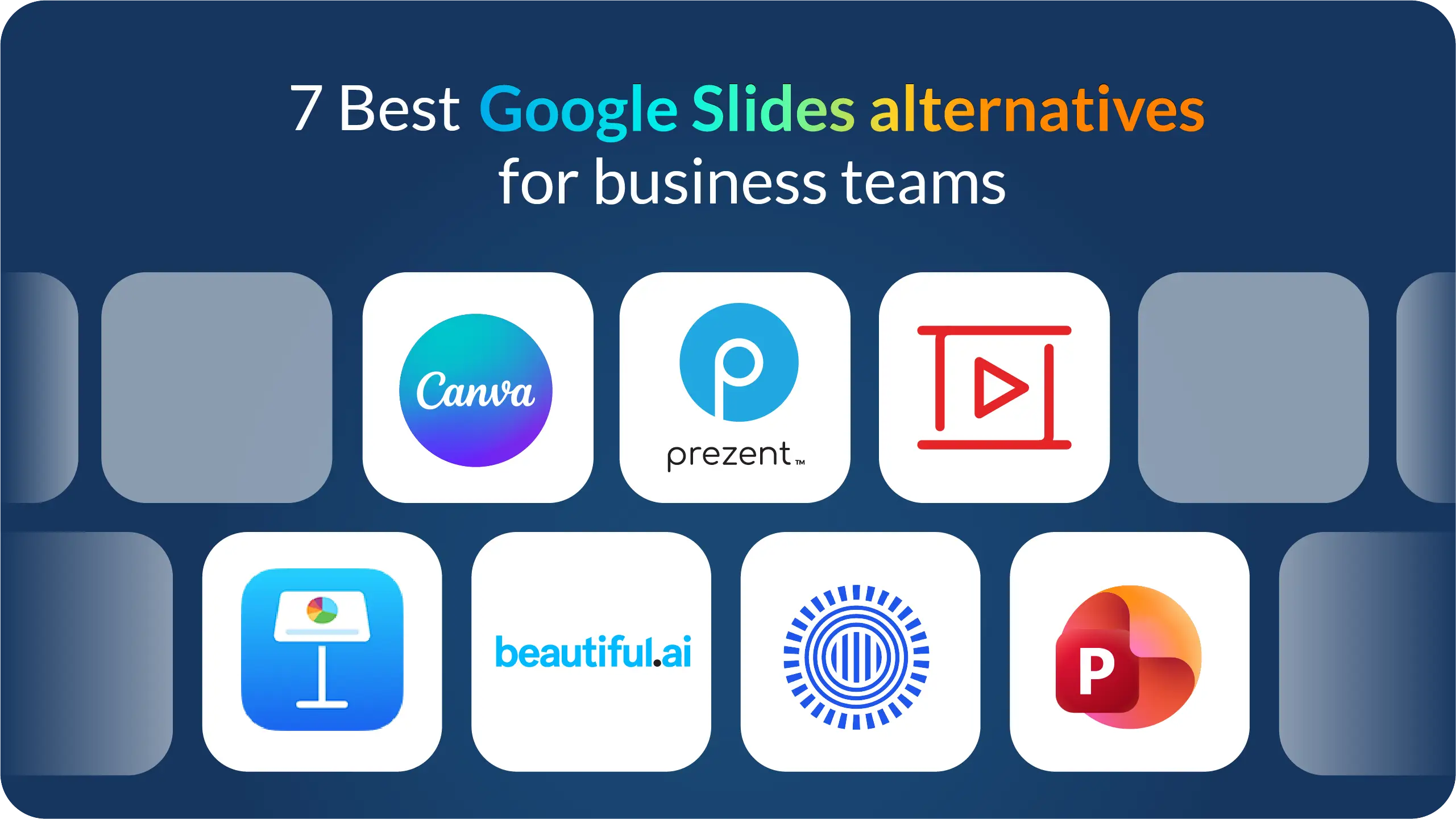
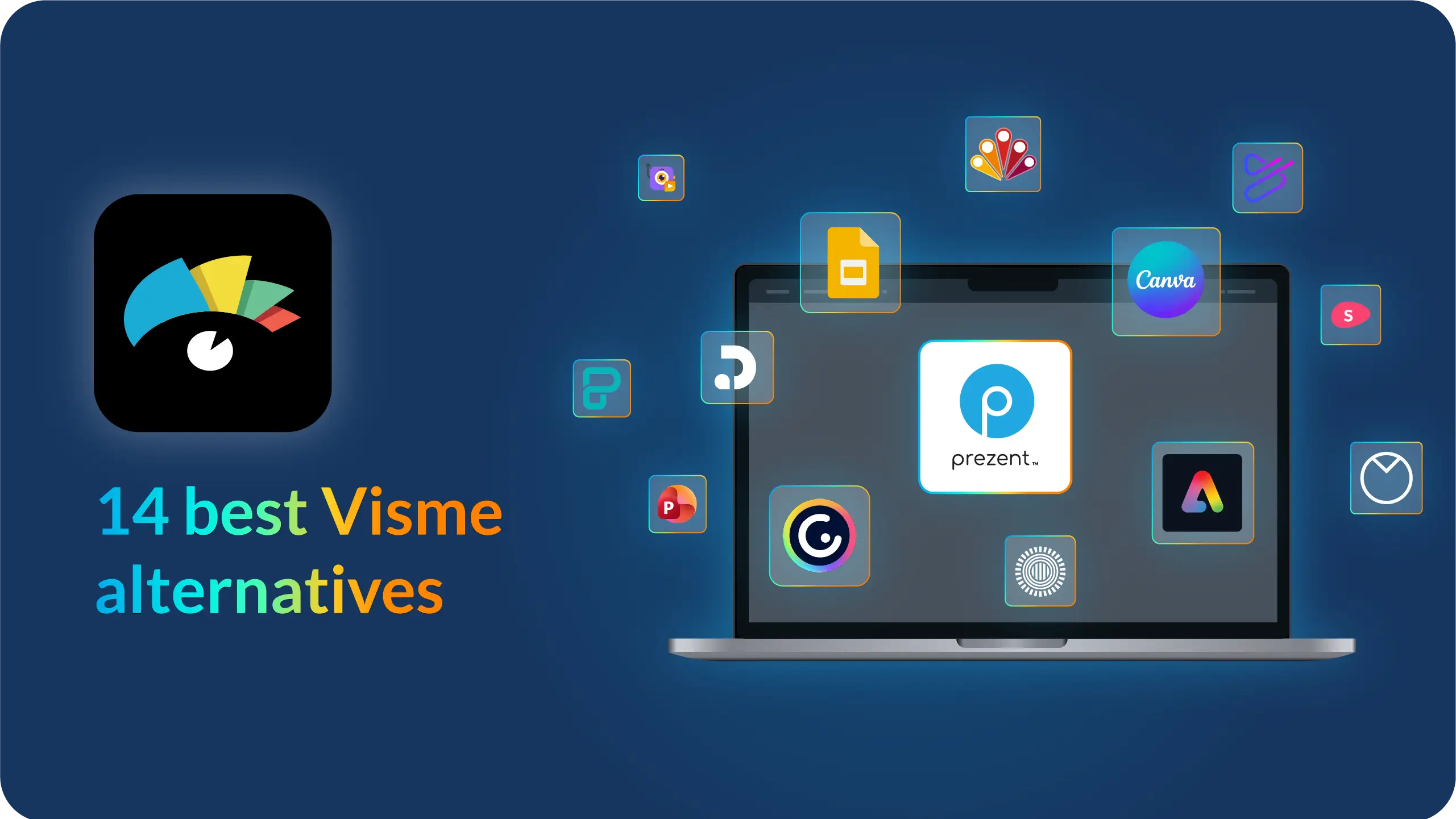
.png)
